The trajectory of the JRPG genre in modern gaming is a fascinating one to witness. After becoming prevalent on classic consoles, the release of Final Fantasy 7 cemented the genre as a profitable one in the eyes of many, turning the PS1 into a hub for these amazing experiences.
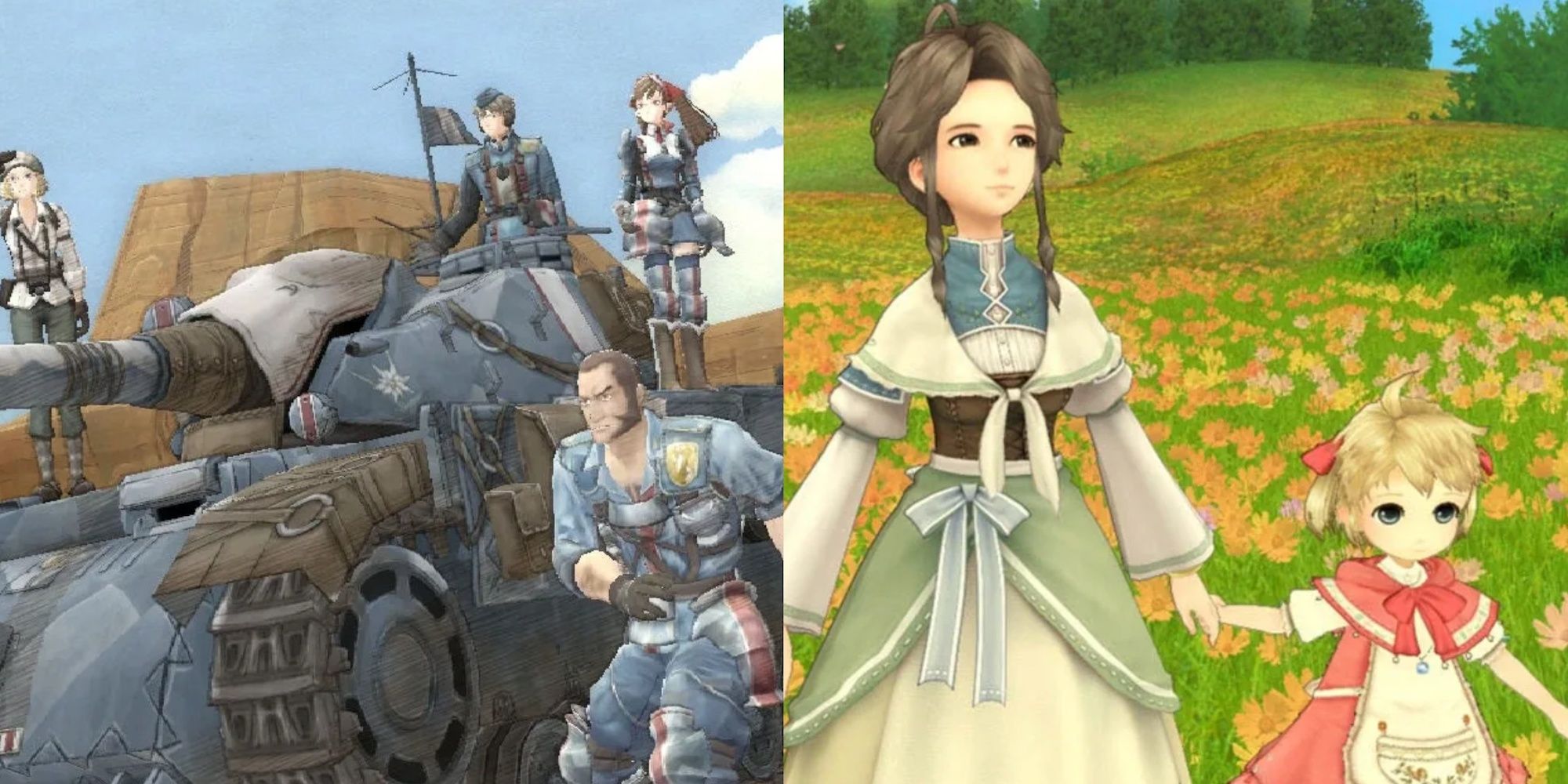
Related
7 Best JRPGs That Reinvented The Fantasy Genre
The following JRPGs were ahead of their time and kickstarted major changes to the fantasy genre.
However, the allure of this genre dwindled over time, only for modern players to integrate everything from visual improvements to gameplay innovations, ensuring that JRPG fans can enjoy a wealth of games in this genre once again. Some of the best JRPGs are ones that took massive risks and ended up paying dividends.
8
Yakuza: Like A Dragon
Changed The Gameplay Loop Of An Established Series And Attracted New Fans
- Released
-
November 10, 2020
- OpenCritic Rating
-
Mighty
The story of an April Fools’ joke dictating the gameplay shift for the Yakuza series may be overblown, but this rumor proves just how risky this move was. The real-time combat of the Yakuza series was a joy to experience, and fans wanted to see how the Dragon Engine could enhance the action gameplay.
However, the mainline series decided to make a dramatic swerve with a new protagonist and battle mechanics that turned Yakuza: Like a Dragon into a classic turn-based JRPG, coupled with a job system. In hindsight, perhaps it shouldn’t have been surprising that an accomplished and efficient developer like RGG Studio did justice to this gameplay shift and let players enjoy one of the best modern JRPGs of all time.
7
Final Fantasy 7
Arguably The First Ever AAA Game That Invested A Ton Of Money Into Marketing In The West
- Released
-
January 31, 1997
- OpenCritic Rating
-
Strong
Final Fantasy 7 is hailed by many as the first-ever AAA game in the industry, and it’s easy to see why this is the case. Before this title’s release, JRPGs occupied a small niche in Western markets and didn’t exactly appeal to gamers across Japan’s borders.
However, SquareSoft was so confident in this title that the marketing budget ballooned to let everyone and their mothers know about the epic adventure that Final Fantasy 7 could take players on. It was a risky strategy that ultimately paid off when Final Fantasy 7 broke all records to become one of the most popular PS1 titles of all time, ushering in the golden age of JRPGs on Sony’s console.
6
Persona 5
The Impact Of The Art Style And Improved Dungeons Were Worth All The Delays
- Released
-
September 15, 2016
- Developer(s)
-
P-Studio
- OpenCritic Rating
-
Mighty
Persona 5 was doing something special with the many previews that players got to enjoy. The art style was amazing and the gameplay looked snappy, but the game’s ambition led to it facing so many delays that fans wondered if the end product was worth this financial strain on Atlus.
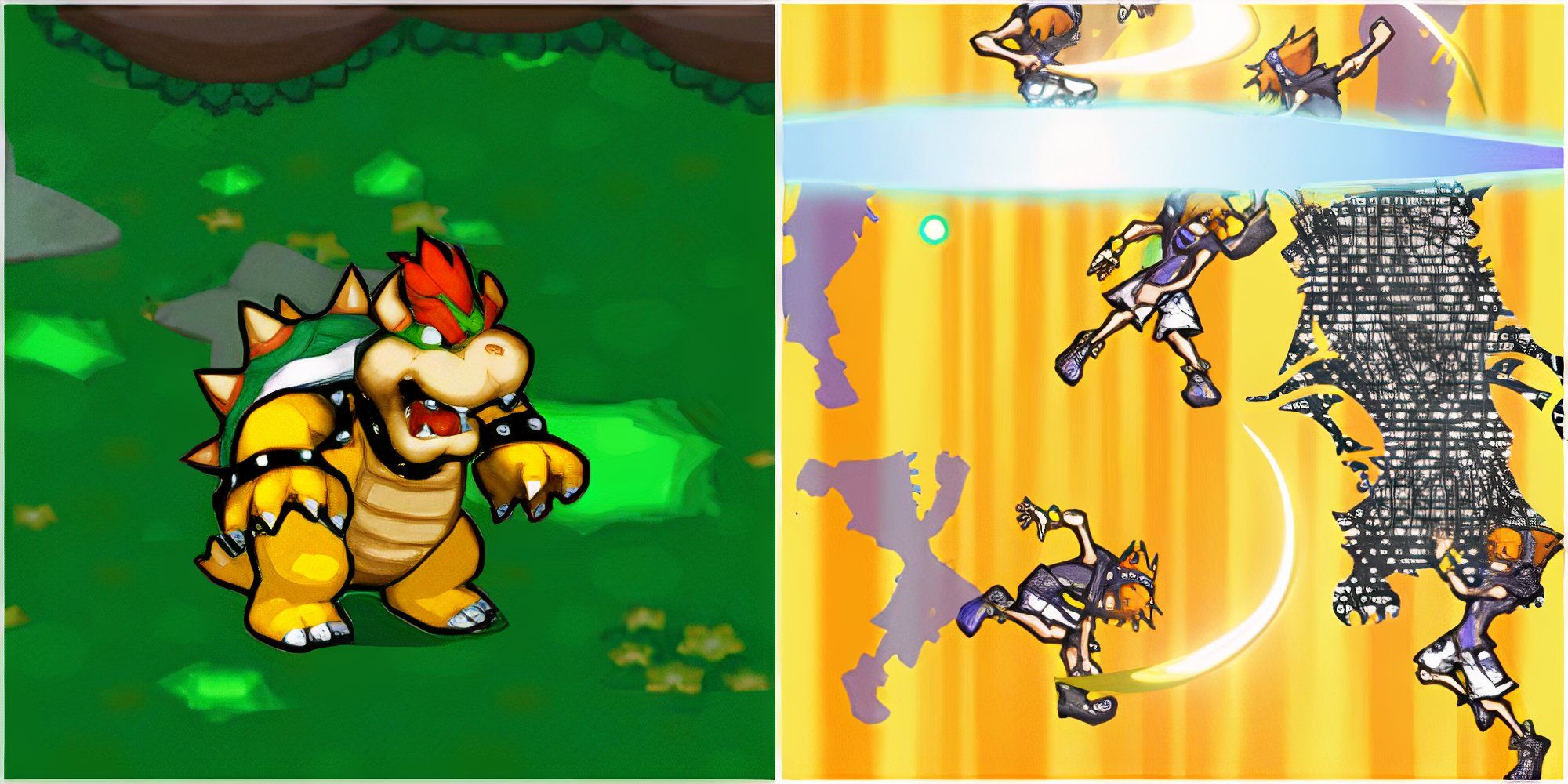
Related
7 Best DS JRPGs With No Random Encounters, Ranked
See thy enemy on Nintendo’s pocket-sized portable in these JRPGs.
It’s abundantly clear at this point that polishing Persona 5 was a smart decision that helped this JRPG break new ground for the genre on modern consoles. The amazing visual flair, snappy gameplay, addictive life-sim elements, and a memorable cast of characters ensured that players will remember Persona 5 long after the adventures of the Phantom Thieves draw to a close.
5
EarthBound
An Anti-JRPG That Slowly Turned Into An Influential Cult Classic
Players need only look at EarthBound‘s marketing strategy to see the risky game Nintendo was playing. The lack of any high fantasy elements coupled with the message that players will hate this game was a bold way to market one of the most innovative JRPGs of all time.
EarthBound‘s sales were pretty lukewarm when the game initially launched, but it was only a matter of time before more and more players would experience its brilliance firsthand. This anti-JRPG was revolutionary and continues to influence modern gaming, with titles like Undertale and Omori being inspired by this masterpiece.
4
Vagrant Story
A Unique JRPG That Came At The Tail End Of The PS1 With A Bold Combat System
It’s a shame that Vagrant Story was released so late into the PS1’s lifespan that most players never got to experience this amazing title for themselves. It expands the lore of Ivalice and lets players control a single character in a JRPG without traditional leveling mechanics or party members.
Instead, players only controlled Ashley Riot and used powerful equipment to ensure that they could take on powerful enemies without feeling like they’re a step behind their opposition. Lackluster sales were a disappointment, but players need only hear the bountiful praise thrown towards this title to realize how ahead of its time Vagrant Story was.
3
The World Ends With You
Made The Most Of The DS To Let Players Enjoy A Unique Combat System In Modern Tokyo
Real-time combat in a JRPG can always be a sore point for fans who find these systems to be a bit too button-mashy and random at times. However, The World Ends With You showed how innovative such a combat system could be when it tried something different.
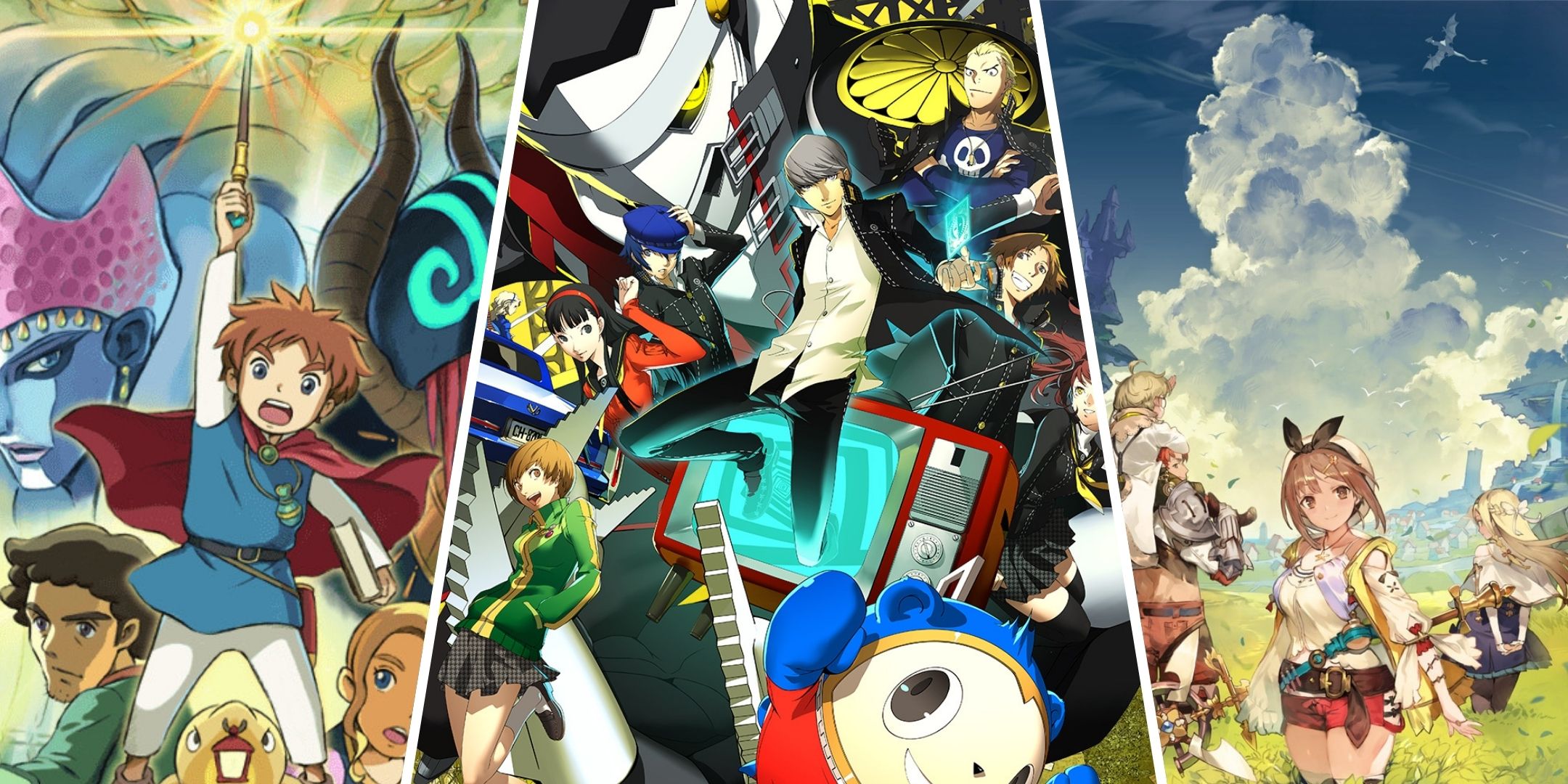
Related
These JRPGs showcase how adventures and great stories can blend with a cozy atmosphere for players looking to relax while gaming.
Battles in The World Ends With You took place on both the DS screens, with players using buttons for one character and the touchscreen for the other. It was a chaotic yet satisfying combat system that paired well with the game’s stylish presentation, turning it into a beloved JRPG that continues to receive updated releases on modern consoles (even if these re-releases have to make compromises to make the combat system easier to play on a single screen).
2
Xenogears
Despite Failing To Achieve Its Lofty Ambitions, It Elevated Takahashi’s Name And The Xeno Series To New Heights
It’s easy to label Xenogears as a failure, with the game promising the moon in the first disc only to force players through excruciating paragraphs of text in the game’s second half. It was both a product and victim of Tetsuya Takahashi’s ambition, whose inexperience as a video game developer meant that Xenogears fell flat long before its ending.
However, the game was still a massive success for the Xeno series, with its ambitious creator never giving up and creating his own company to make this vision a reality. Fast-forward to today, and it’s clear that the risks Xenogears took set the foundation for Xenoblade Chronicles to flourish as a must-play first-party title on Nintendo’s hardware.
1
Final Fantasy 12
A Huge Gameplay Switch For The Final Fantasy Series That Made For A Unique Experience
- Released
-
October 31, 2006
Final Fantasy 12 is a game that took huge risks, serving as the first mainline single-player Final Fantasy game after SquareSoft and Enix merged. It used the lessons it learned from Final Fantasy 11‘s development to let players enjoy a hybrid combat system where deciding the priorities of party members with the Gambit system was imperative for players to come out victorious.
Final Fantasy 12 may feel daunting to get into at first glance, but the world of Dalmascia is so beautiful and immersive that fans will lose themselves in these vast environments with ease. The epic story and ensemble cast ensure that the central conflict is never overshadowed by a single party member, emulating a lot of what made Final Fantasy 6 such a special title.
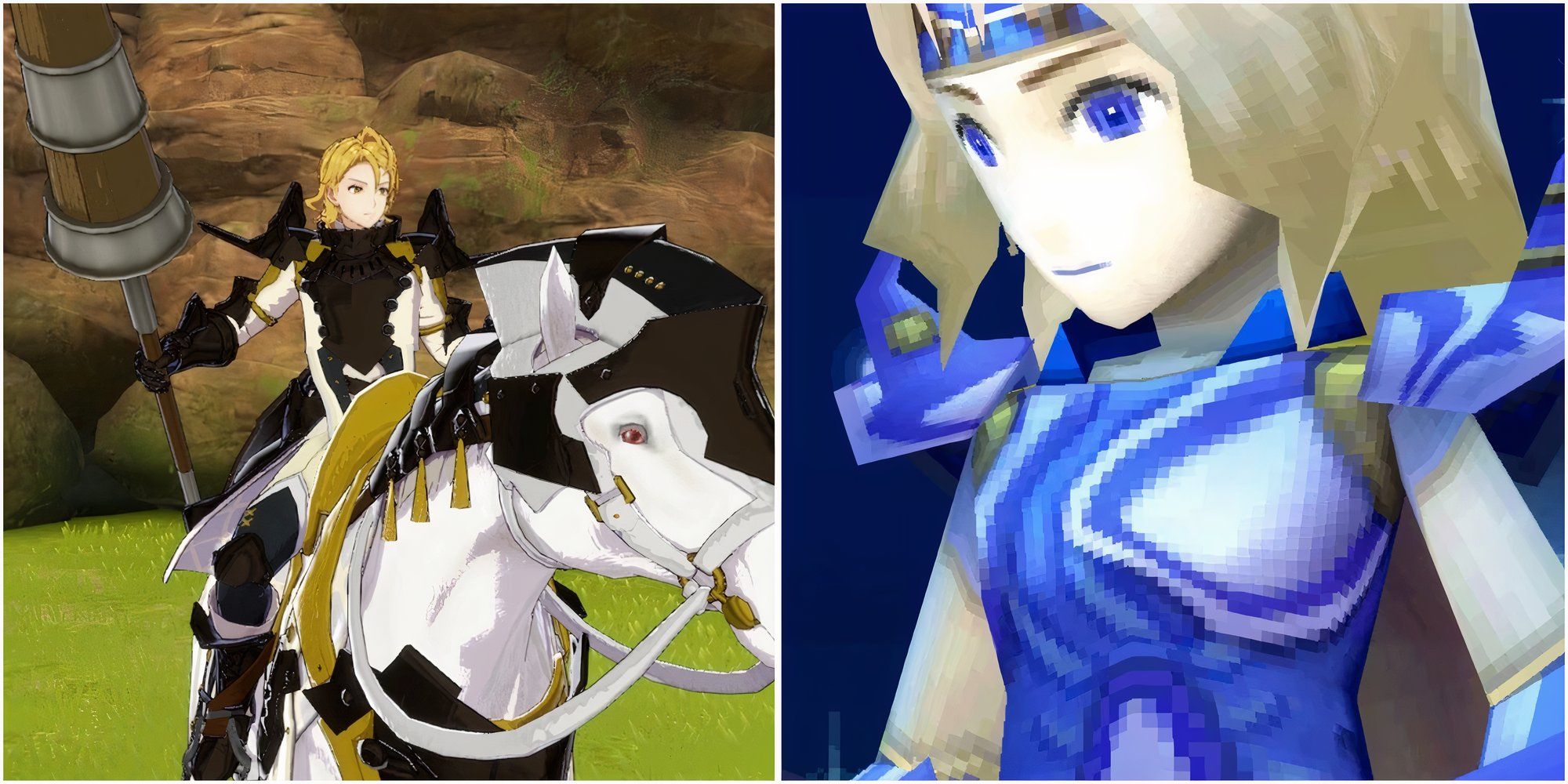
More
7 Best JRPGs To Play As A Paladin-Style Character
Guard and heal your allies while rebuking the dead with these Paladin archetypes.
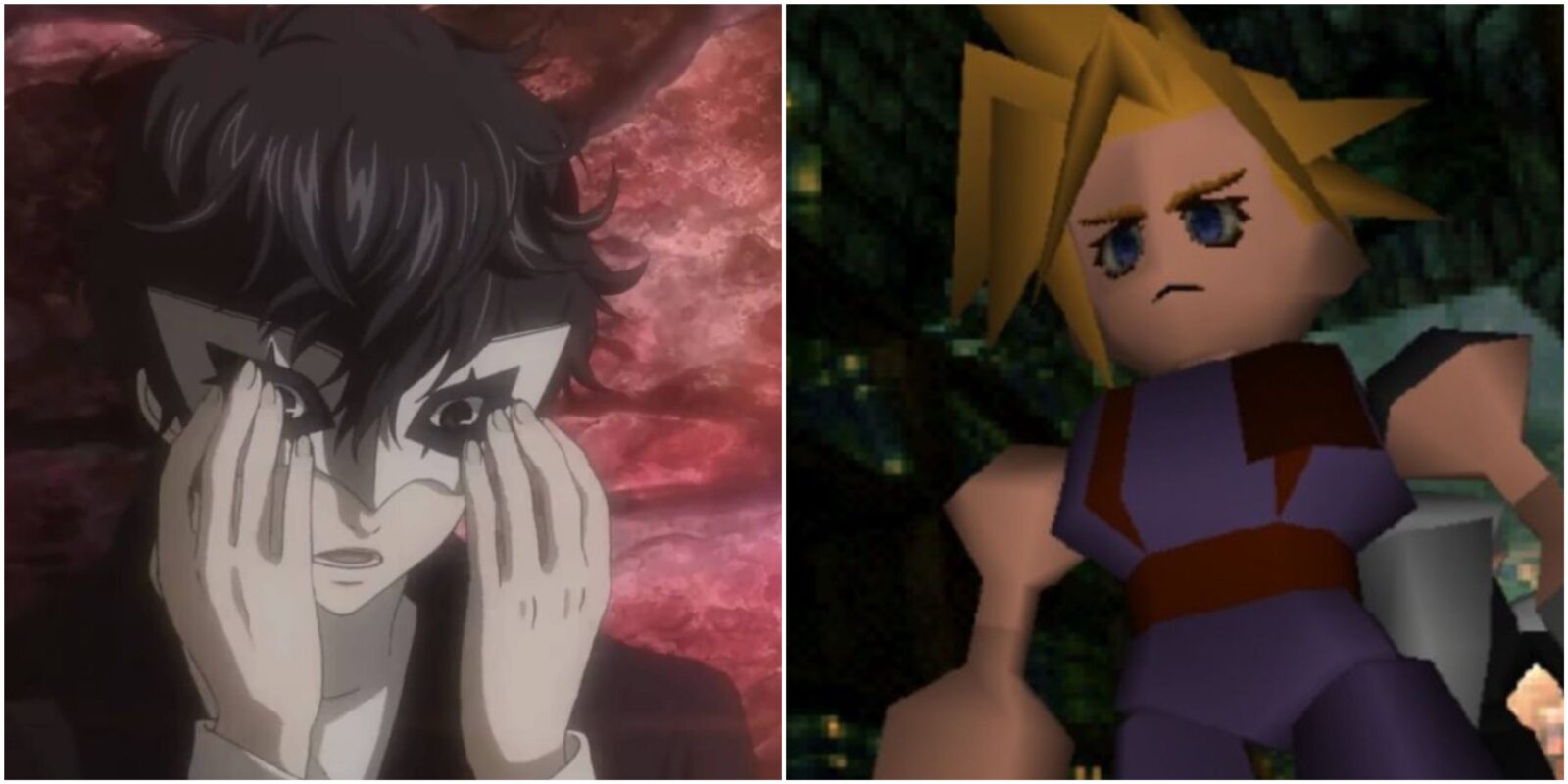







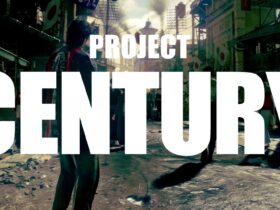
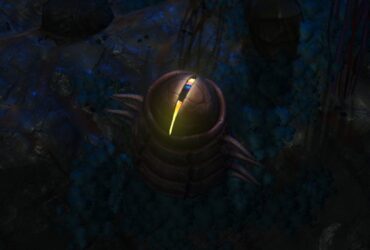





Leave a Reply